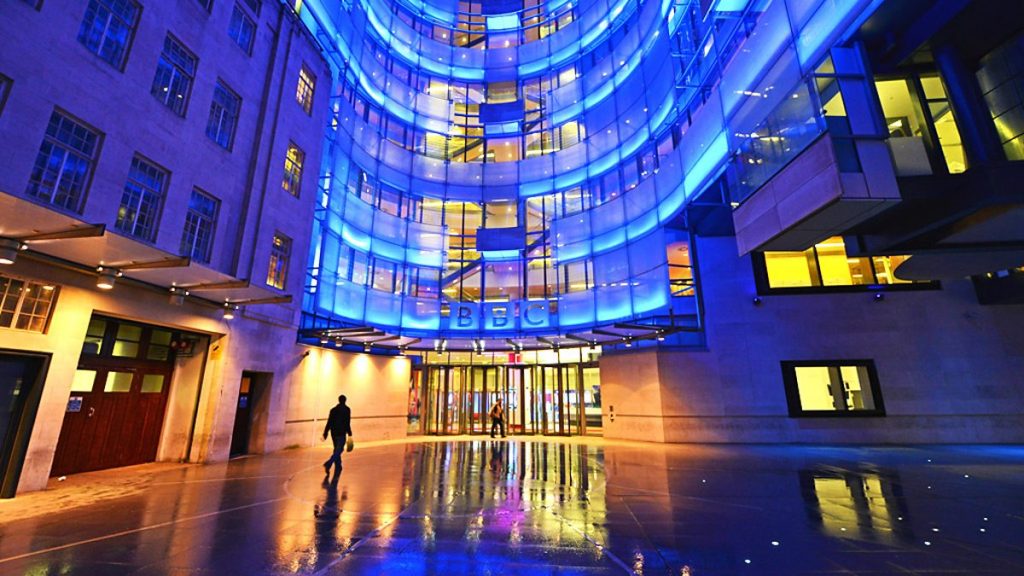
After more than 40 years of operation, DTVE is closing its doors and our website will no longer be updated daily. Thank you for all of your support.
BBC outlines coronavirus measures
 The BBC has outlined a “wide-ranging package of measures” while the nation is housebound as a result of the coronavirus pandemic.
The BBC has outlined a “wide-ranging package of measures” while the nation is housebound as a result of the coronavirus pandemic.
Describing these as “challenging times” BBC director general Tony Hall said that “As the national broadcaster, the BBC has a special role to play at this time of national need.”
In a press release, the broadcaster said that its “core role” is to “bring trusted news and information to audiences in the UK and around the world in a fast-moving situation, and counter confusion and misinformation.”
In order to ensure this, it will continue to maintain its full range of news coverage, including a weekly prime-time coronavirus special on Wednesdays on BBC One with an audience-less Question Time being moved to 8pm on Thursdays with call-in questions and remote guests.
The broadcaster will also record a daily podcast, keep Newsround bulletins going on throughout the day on CBBC and delay the planned closure of the red button.
In order to provide advice, education and support, the BBC will shift the focus of the prime time The One Show to health and well-being advice, while also increasing the presentation of healthy living content across its daytime and online programming. The BBC Food website will also be retargeted around cooking with essentials, with a particular focus for older people and low-income families.
The BBC will also launch a virtual church service on Sunday mornings, with an aim to broadcast a weekly Sunday morning church service on BBC One. The broadcaster said that it will “explore how to support other religions and denominations”, including in the run-up to Ramadan.
The BBC also announced an education programme, with schools set to close across the UK from Friday. It said that it is exploring a daily education programme for different key stages, expanding BBC Bitesize content, increasing its education programming on the BBC iPlayer, and creating two new daily education podcasts (one for primary, one for secondary). BBC Four and BBC red button will look to devote a block of programming each weekday evening to programmes that support the GCSE and A Level curriculum. In Scotland, the Scotland channel will support the Scottish NQs and Highers in daytime.
Keeping the nation healthy – both mentally and physically – is the focus for the BBC, which is why it said that it will also increase its entertainment content. This includes bringing back classic shows like Spooks and French And Saunders to the BBC iPlayer along with the launch of a long-awaited iPlayer experience for children.
Lastly, the broadcaster will launch a ‘Culture in Quarantine’ programme across iPlayer and BBC Sounds that will work closely with organisations like Arts Council England and other national funding and producing bodies. This will include guides to shuttered exhibitions, performances from world-class musicians and comedy clubs, new plays created especially for broadcast featuring exceptional talent, poetry and book readings.
Of the measures, director general Hall said: “We need to pull together to get through this. That’s why the BBC will be using all of its resources – channels, stations and output – to help keep the nation informed, educated and entertained. We are making a series of changes to our output to achieve that.
“We will continue to deliver all the essential news and information – with special programming and content.
“Clearly there will be disruption to our output along the way, but we will do our very best. It will take time to emerge from the challenges we all face, but the BBC will be there for the public all the way through this.”


